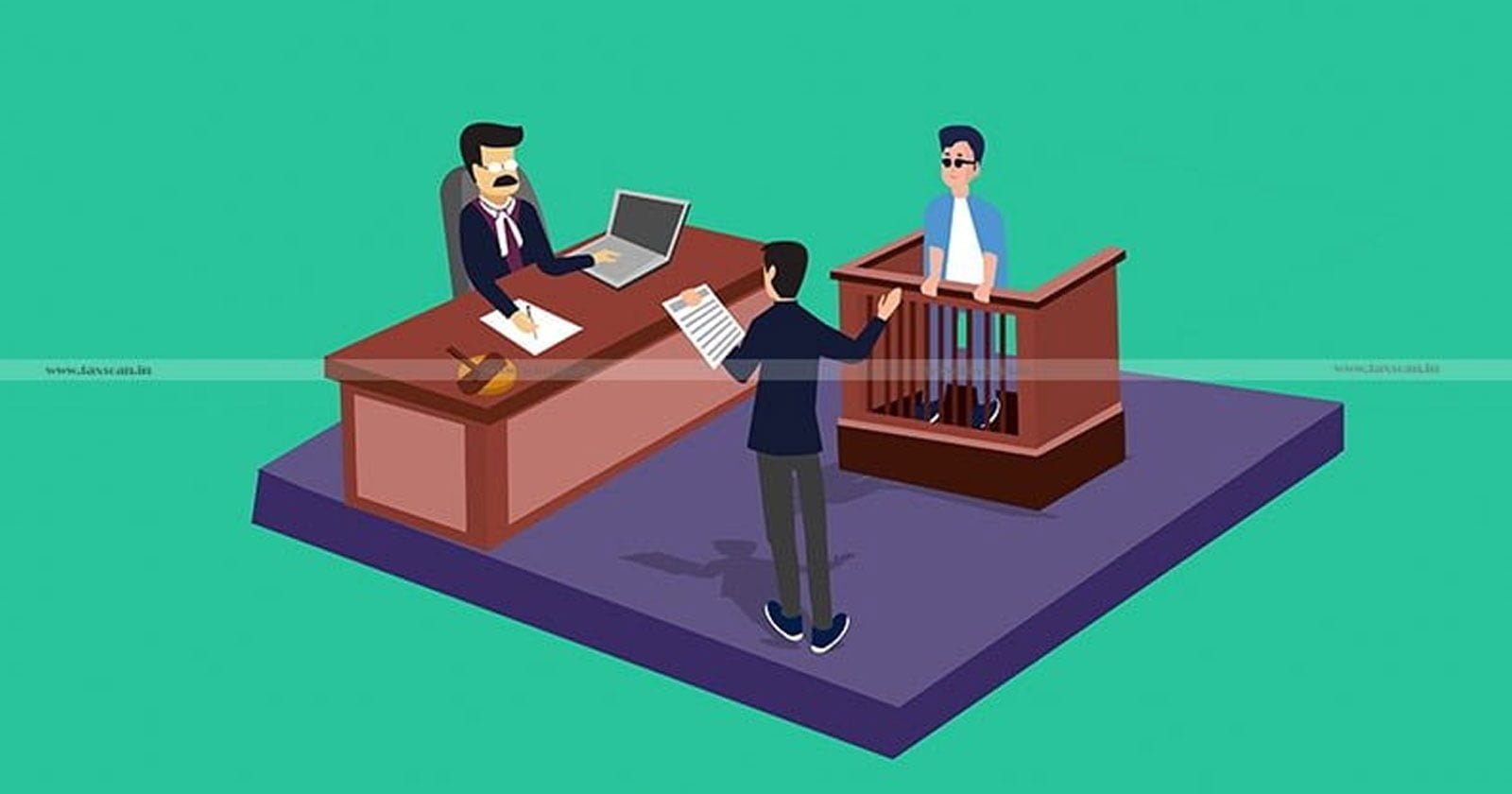Authoritative Representative of Petitioner does not allow to appear for Personal Hearing without Proper Verification and Instructions : Madras HC

Authoritative Representative of Petitioner does not allow to appear for – Personal Hearing without Proper Verification and Instructions – Madras HC – TAXSCAN
Authoritative Representative of Petitioner does not allow to appear for – Personal Hearing without Proper Verification and Instructions – Madras HC – TAXSCAN
While entertaining the writ petition, a Single Bench of Justice. S. Srimathy observed that without instructions and without verifying the records, the petitioner cannot direct his representatives to appear. Moreover, the petitioner is having full knowledge of the transactions, thus he has to appear for the personal hearing.
The Petitioner, M/s. Bhavadharani Builders filed the writ petition to challenge the assessment order and further direct the respondent authorities to re-do the assessment after considering the reply and providing sufficient opportunity of personal hearing to the petitioner.
The Petitioner asserted that the authorities did not provide sufficient opportunity to file reply to the show cause notice.
The Superintendent and the other respondent authorities have sent the notice for personal hearing 3 times in which the petitioner sought to adjourn the same due to the illness. Adjourning the personal hearing for the second time, the petitioner stated that he has been admitted to the Hospital as an inpatient and he is undergoing treatment for which he has produced the Medical Certificate.
The petitioner requested "two months time" to respond to the show cause notice in a letter that he sent in response to the respondent authorities' third notice for a personal hearing. The petitioner also included the hospital's certificate confirming his diagnosis of cancer in his right leg. The authorities, however, refused to adjourn because it had already been done twice.
The counsel of the respondents submitted that the petitioner ought to have directed his representatives to appear before the authorities for personal hearing instead of seeking any adjournment.
The bench ruled that the petitioner is the only person with complete knowledge of the transactions. Additionally, the petitioner must verify the documents and instruct, which takes time. He must also instruct his counsel on the facts.
When the Madras High Court upheld the appeal, it gave the petitioner the instruction to stop seeking additional adjournments. Additionally, the petitioner must pay the respondents Rs. 2,000 (Rupees Two Lakh only) in two installments.
To Read the full text of the Order CLICK HERE
Support our journalism by subscribing to Taxscan premium. Follow us on Telegram for quick updates


